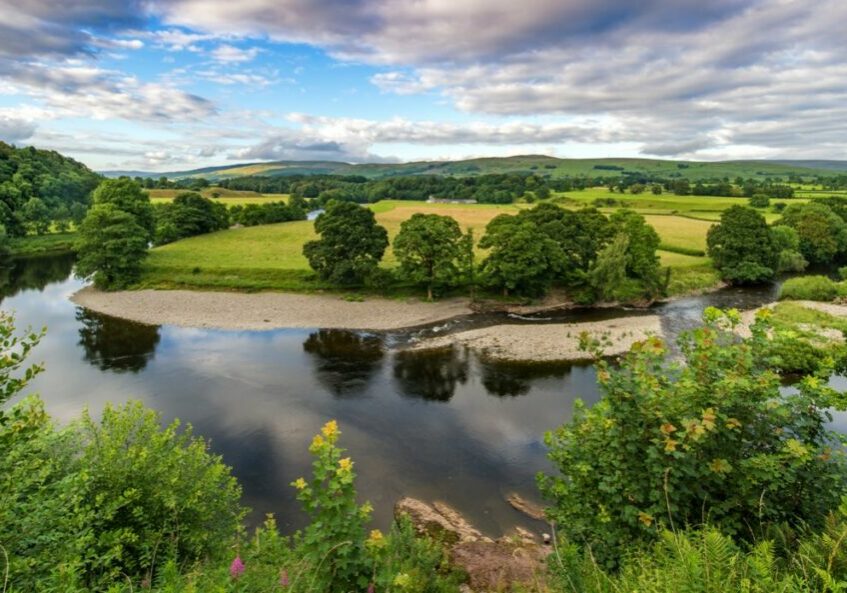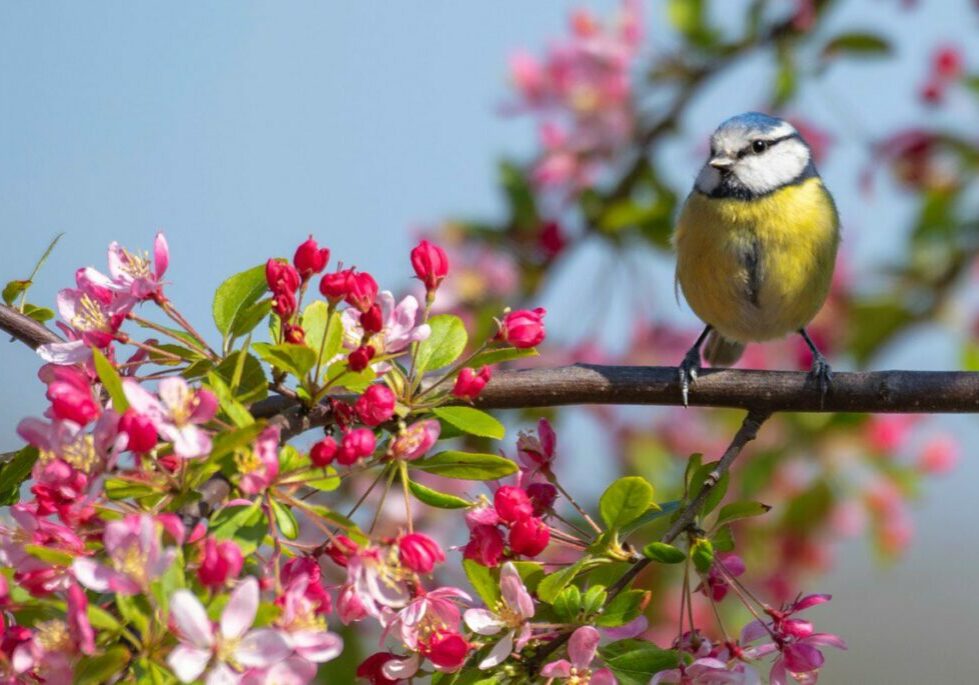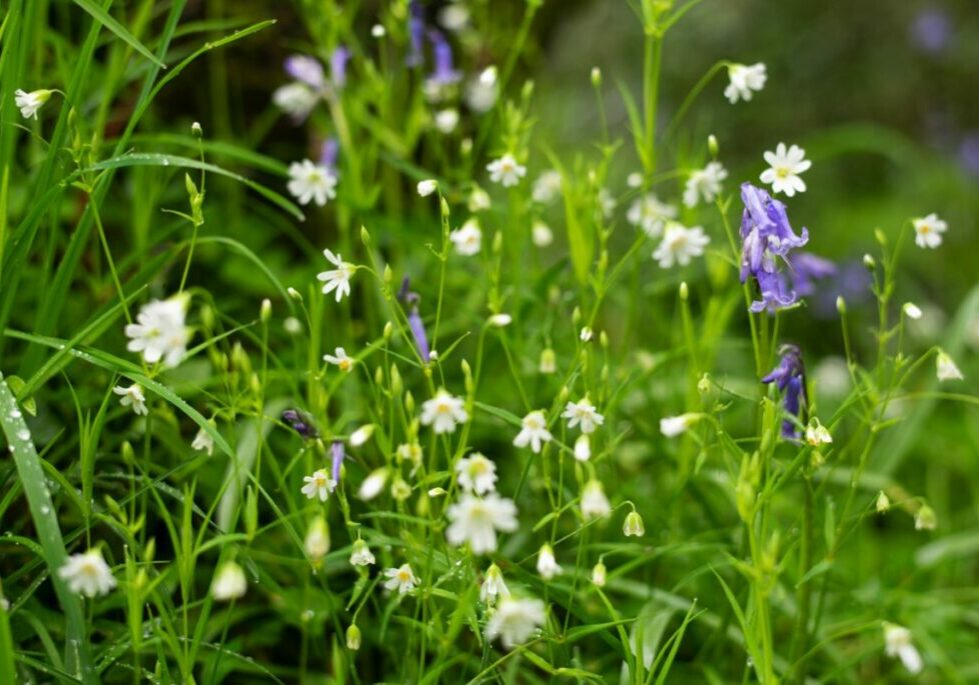Introduced to an enclosure in Norfolk’s Glaven Valley in 2021, beavers Winnie and Eeyore have been busy for the last few years.
The lodges and dams that they’ve built have helped to revitalise an area of wet woodland (known as carr woodland), with new ponds surrounded by lush foliage and trees.
And the beavers themselves are thriving – in July 2023 they had a kit, who was named Roo after a public poll on the Norfolk Rivers Trust’s Instagram page.
Our partners at Norfolk Rivers Trust installed camera traps to monitor Winnie and Eeyore, and they’ve captured footage of the pair as they go about their business of landscape management.
Watch: Playlist of Norfolk’s resident beavers
Beavers can play a key role in regenerating wetlands, woodlands and river systems. In effect, they’re helping nature to help itself.
The ponds created by their dams and lodges support a range of species, boosting biodiversity. They also store water in dry periods, and slow the flow of rivers, which reduces erosion and flood risk.
The team behind the Save Our Wild Isles campaign have made a short video explaining how and why beavers have such an important role to play in the restoration of UK nature.
Watch: The Save Our Wild Isles guide to beavers
Stand up for UK nature
Visit the Save Our Wild Isles site to find out how you can take action to protect the wildlife on your doorstep.
More to explore

Save water, protect our rivers
In a warming climate, the UK’s rivers and streams are in greater danger of running dry. But we can help to preserve them – just follow our 10 tips to reduce your water use

